Adrian Newey: F1 2026 will be a "strange Formula"
Adrian Newey believes Formula 1's 2026 regulations will require a significant adjustment period due to the unique characteristics of the next-generation power units, which could lead to scenarios like engines running at full revs through tight corners like Monaco's Loews hairpin.
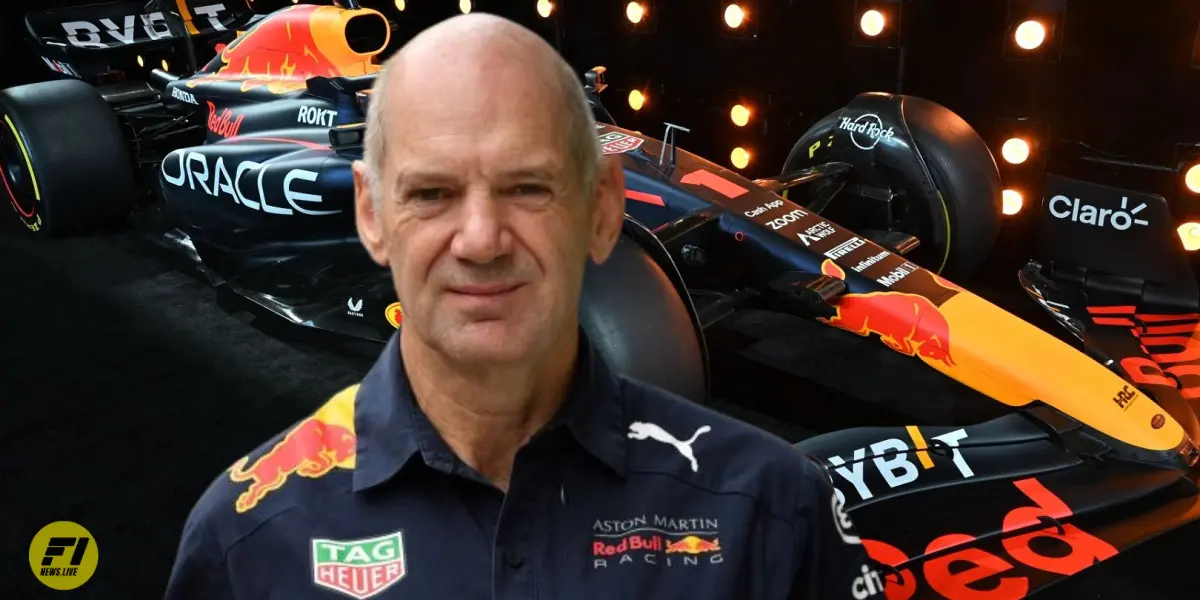
Red Bull's Chief Technical Officer Adrian Newey has provided insights into the challenges posed by the upcoming 2026 regulations, particularly concerning the behavior of the next-generation power units.
With a 50/50 split in power between the internal combustion engine and battery, Newey believes the sport is heading towards a "strange formula."
Engine characteristics
According to Newey, the new turbo hybrid engines will effectively function as generators, necessitating them to run at full revs throughout the lap, even in slow corners like the iconic Loews hairpin in Monaco.
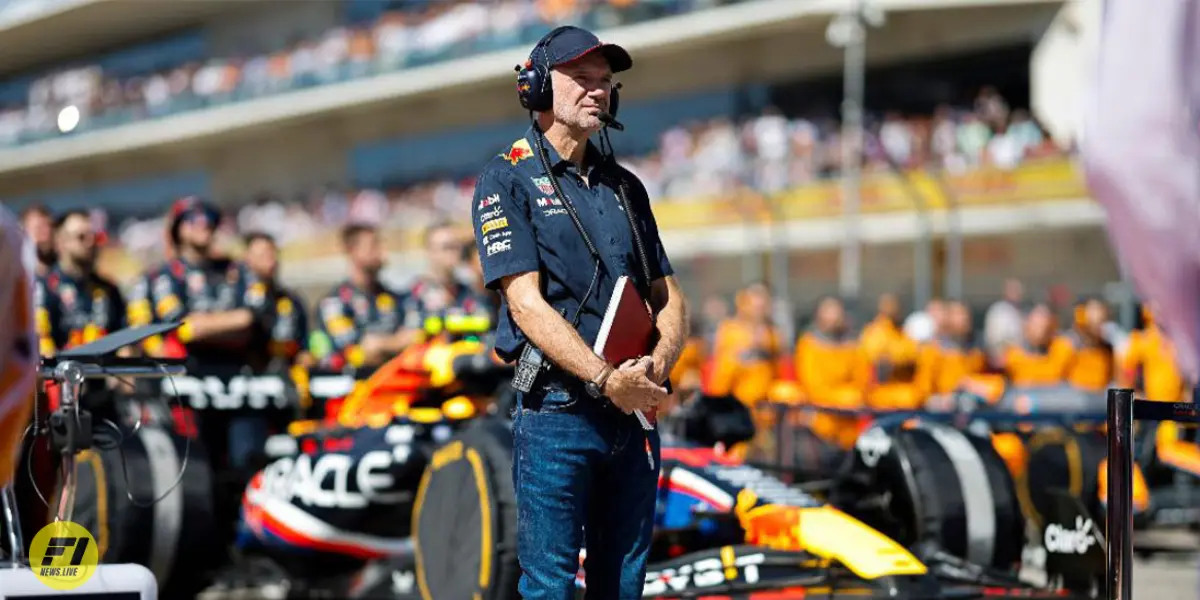
"The prospect of the engine working hard in the middle of Loews hairpin is going to take some getting used to,"
Newey told Motorsport Network.
Aero regulations
The unique engine characteristics have prompted the need for active aerodynamics to help deliver more downforce in corners and reduce drag on straights.
However, Newey acknowledges that the aero regulations were formulated after the engine rules, making it challenging to create chassis regulations that complement the power unit.
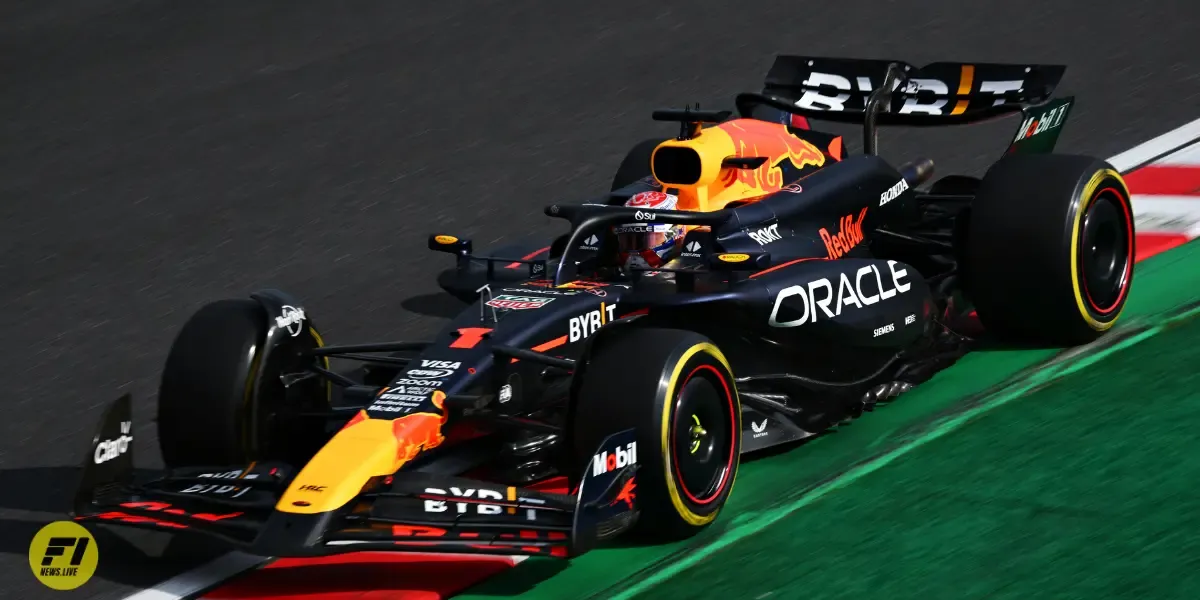
Driver perspectives
World champion Max Verstappen has expressed concerns, believing it was a mistake to finalize the engine rules first and then try to mold the car regulations around them. Verstappen stated,
"I think they realized that on the engine side, not everything is as efficient as everyone thought after all."
Cost and relevance
Newey highlighted the potential cost implications of the electric components, such as motors, inverters, and batteries, which could be prohibitively expensive for F1 standards.

Additionally, he questioned the direct road relevance of the battery chemistry and construction required for F1's power density and energy density needs.
Active aero challenge
The FIA faces a "difficult" task in finding the right solution for active aerodynamics in 2026.
Some teams have reported alarming characteristics of the new cars being virtually undriveable under full acceleration in simulations, necessitating a better aero balance across the entire car.
Simplicity vs. complexity
While Verstappen advocates for simplicity in the regulations, Newey acknowledges that the push for efficiency aligns with F1's goal of promoting technological trends.
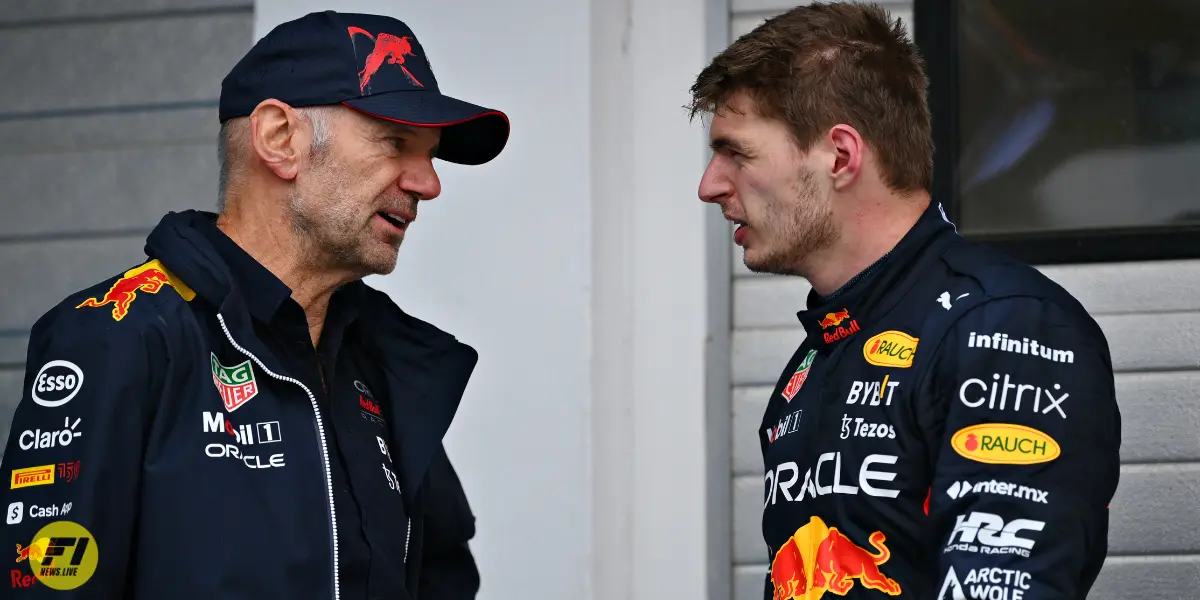
However, Verstappen remains skeptical, stating,
"I don't really see that happening at the moment with the 2026 regulations, but maybe I'll be positively surprised."


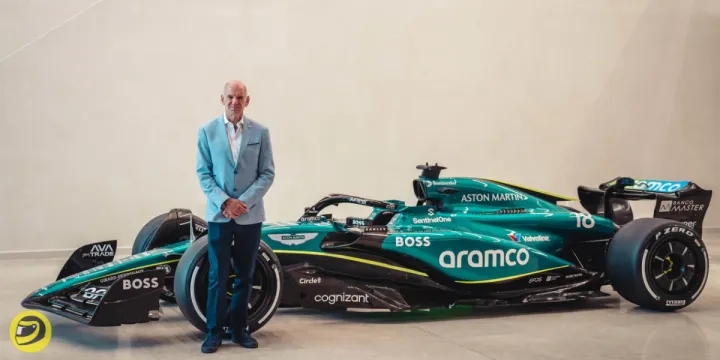
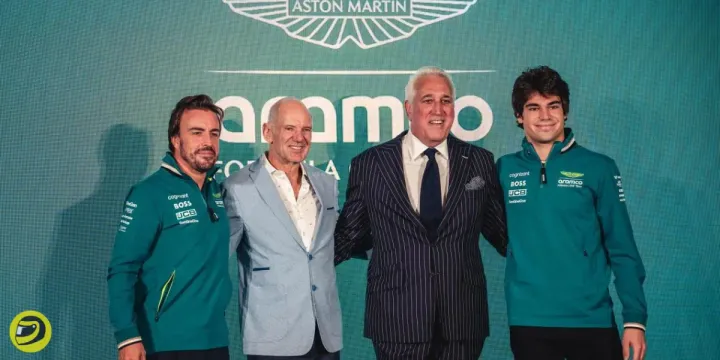
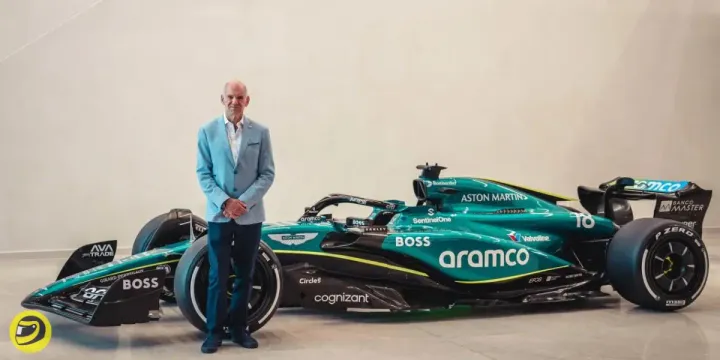
Comments ()